Probiotics are live microorganisms, often called "good" or "friendly" bacteria, that provide numerous health benefits when consumed in adequate amounts. Unlike harmful bacteria that can cause illness, probiotics support a healthy balance of gut flora, which is essential for digestion, nutrient absorption, and overall well-being.
People often consume probiotics through supplements, thinking it may be the only way to do so because it is easier. However, you actually can introduce probiotics into your body through various food sources. Consuming foods with probiotics in them is a natural and effective way to support your digestive health and overall wellness. This article will explore the top 10 easy-to-get probiotic foods, detailing their specific health benefits.
What Is the Difference Between Probiotic and Prebiotic
Now, don’t confuse probiotics with prebiotics; they are different things, though closely related. Probiotics are the good, living bacteria that keep your body healthy, while prebiotics are non-living plant fibres that promote the growth of probiotics. Probiotics thrive on prebiotics, which is why it’s best to consume them together.What Are the Benefits of Probiotics

Improves digestion
Probiotics help maintain a healthy balance of gut bacteria, which aids in digestion and nutrient absorption. They introduce beneficial microbes into our digestive system, supporting overall gut health. Having a probiotic diet helps to improve symptoms of digestive disorders like irritable bowel syndrome (IBS), diarrhoea, and constipation.Improves cell growth
Probiotics play an important role in the growth and repair of cells in the body. They help maintain a healthy gut environment which supports the production of essential nutrients. This process helps in the regeneration of cells, especially in the digestive tract.Improves oral health
Probiotic also has the added benefit of preventing bad breath by reducing the harmful mouth and gut bacteria that cause foul odours. They also lower bacteria levels causing gingivitis and periodontitis, maintaining healthy gums and reducing inflammation. Because of these benefits, some toothpastes are now formulated with probiotics.Boost immune system
The gut houses 70% of our immune system, thus maintaining a balanced and healthy gut is essential for immune system function as a whole. Here's where probiotics come in handy; by improving gut health, they help strengthen immune responses and improve overall immunological health.Reduce allergy symptoms
Since probiotics aid in boosting the immune system, they also contribute to reducing allergy symptoms. Improved immune function enables the body to mount stronger responses against common allergens.Promotes weight loss
Another advantage of probiotics is that they can influence metabolism and fat absorption, potentially aiding weight management when combined with a healthy diet and exercise. They may also help regulate appetite and promote feelings of fullness, contributing to healthier eating habits and weight control.What Are the Top Easy-to-Get Foods with Probiotics

1. Kimchi
Kimchi is a well-known traditional Korean dish consisting of fermented vegetables, typically napa cabbage and radishes, seasoned with garlic, ginger, and chilli peppers. Kimchi offers probiotics along with vitamins, antioxidants, and potential anti-inflammatory benefits. It's excellent for those seeking probiotics for gut health.2. Yogurt

Yogurt is one of the foods that contain probiotics. It is made by fermenting milk with beneficial bacteria, such as Lactobacillus bulgaricus and Streptococcus thermophilus. It's a popular source of probiotics known for promoting digestive health and enhancing nutrient absorption. It also contains calcium, which helps strengthen your teeth, offering oral and gut health benefits when consumed regularly.
3. Kefir
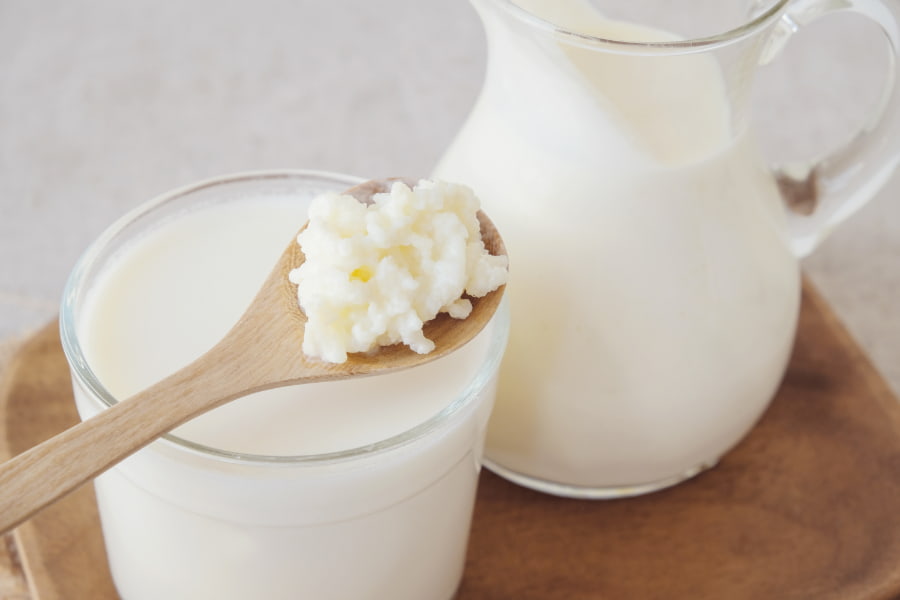
Like yogurt but thinner and tangier, kefir is a fermented milk drink containing a broader spectrum of probiotic strains and beneficial yeasts. It's prized for its benefits for blood sugar control, improved gut health, and boosted immune function. Including kefir in your diet is a great way to gain the advantages of probiotics. Since kefir is a dairy product that is high in calcium, it can also help to maintain healthy bones and teeth.
4. Bananas

Another easy source of probiotics is bananas. The best part is that not only are they easy to find, but bananas also contain both probiotics and prebiotics, providing you with maximum gut health benefits.
5. Miso
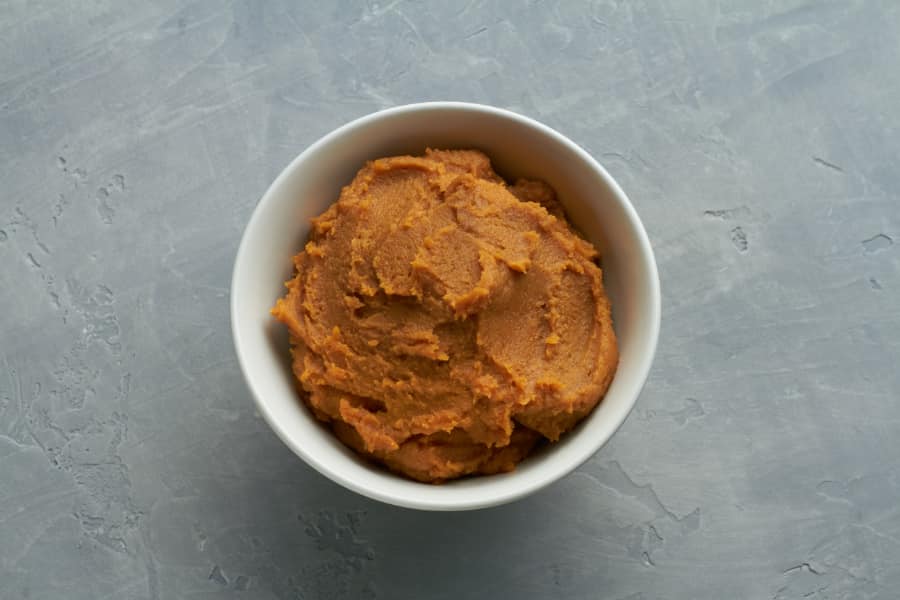
Miso is a traditional Japanese paste made from fermented soybeans, barley, or rice containing probiotics like Bifidobacterium and Lactobacillus. It's used to flavour soups, marinades, and sauces, adding a rich umami taste and digestive benefits.
6. Stinky Tofu
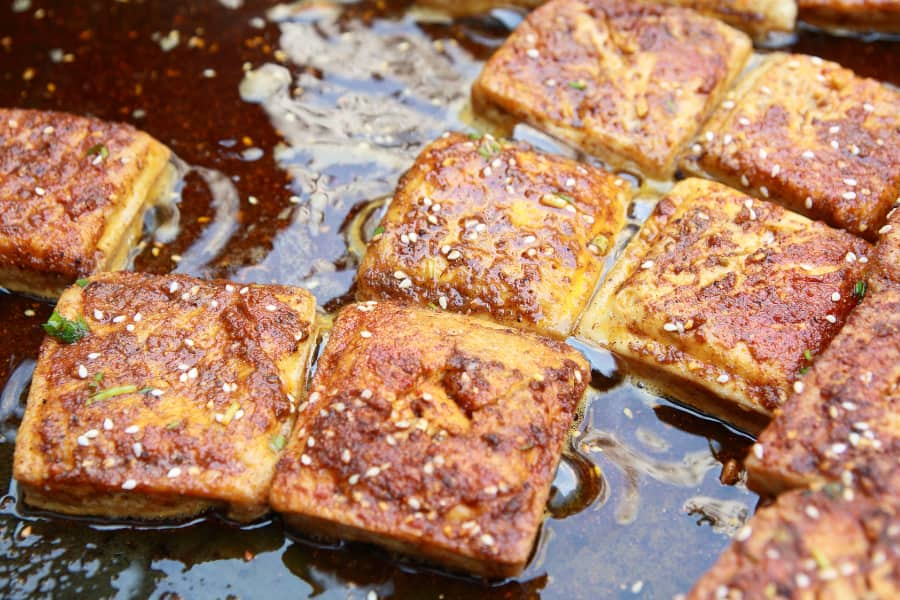
Stinky tofu is a type of fermented tofu, and the fermentation process involves various microorganisms, including beneficial bacteria such as Lactobacillus. You can easily get them at your local night markets.
7. Tempeh
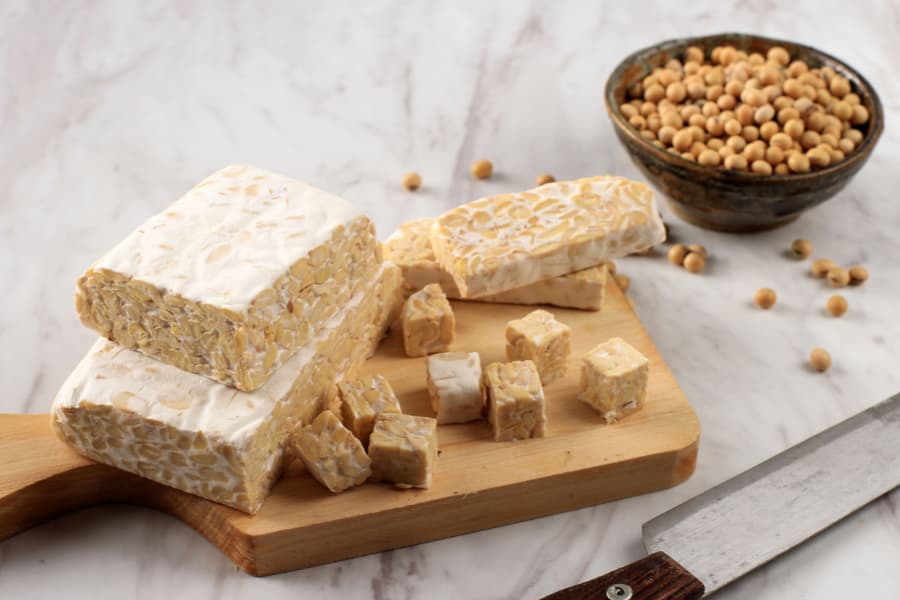
Originating from Indonesia, tempeh is a fermented soybean product with a firm texture and nutty flavour. It's a nutrient-dense source of probiotics, protein, and essential amino acids, often used in vegetarian and vegan dishes. Tempeh is beneficial for those interested in probiotics for weight loss due to its high protein content. Additionally, tempeh is a good source of calcium that can promote bone health.
8. Kombucha

A fizzy, fermented tea drink made by fermenting sweetened black or green tea with a SCOBY (symbiotic culture of bacteria and yeast). Kombucha is known for its probiotic content, antioxidants, and benefits for detoxification.
9. Natto
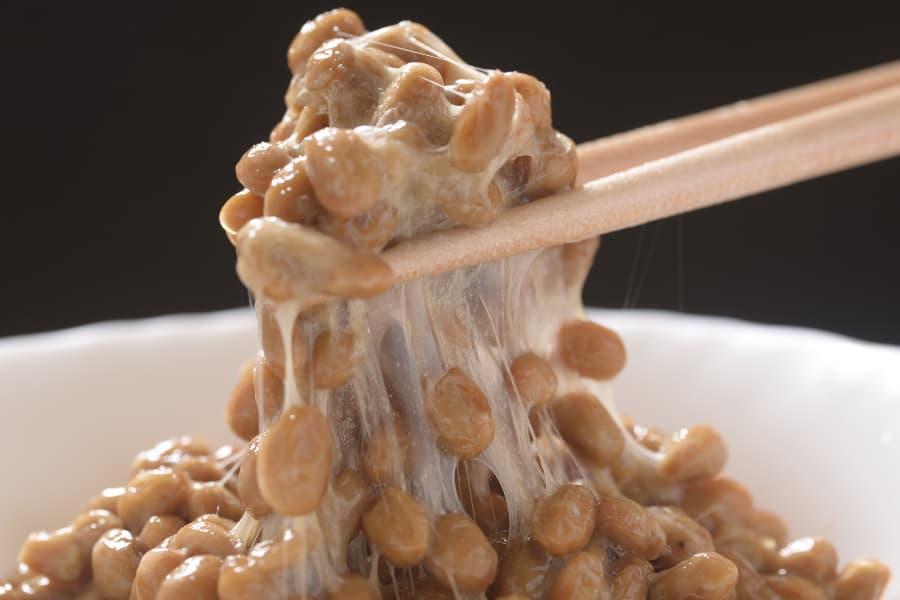
A traditional Japanese food made from fermented soybeans, natto is known for its strong flavour, sticky texture, and high probiotic content. It's a rich source of vitamin K2 and is believed to support cardiovascular health and digestion.
10. Fermented vegetables (e.g., carrots, radishes, beets)
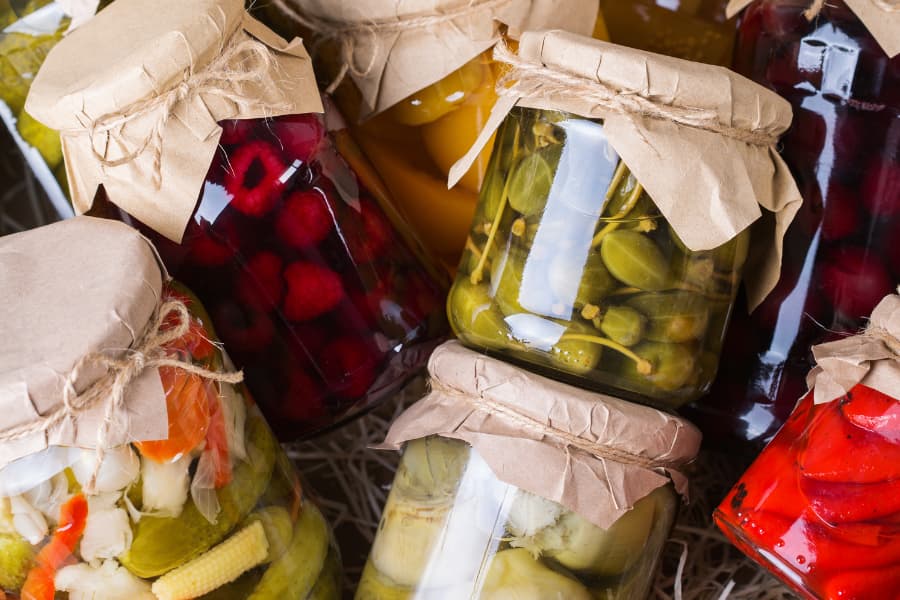
If you have trouble finding any of the mentioned foods above, vegetables like carrots, radishes, and beets can be fermented to produce probiotics. They can be made at home easily. Fermented vegetables offer a tangy flavour and are packed with beneficial bacteria that support your health.
Incorporating these probiotic-rich foods into your diet can enhance your digestive health, boost immunity, and support overall well-being. Whether you choose to enjoy a bowl of yogurt, a glass of kombucha, or experiment with fermented vegetables, you're taking a positive step towards a healthier body, including improved oral health.
Remember, a healthy gut can contribute to a healthy smile too. If you're interested in learning more about how probiotics can benefit your oral health, or if you have any concerns about your dental conditions, take advantage of our free smile consultation today.
